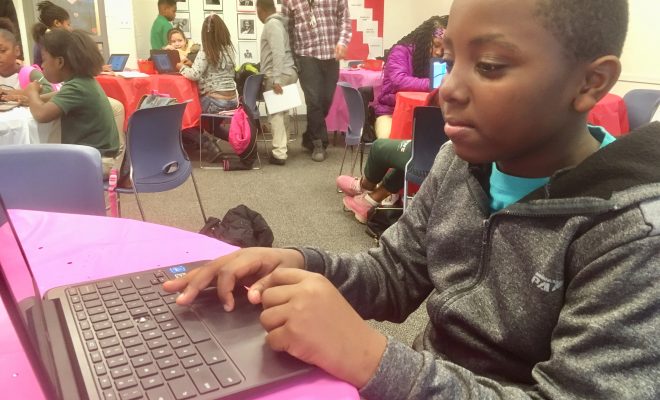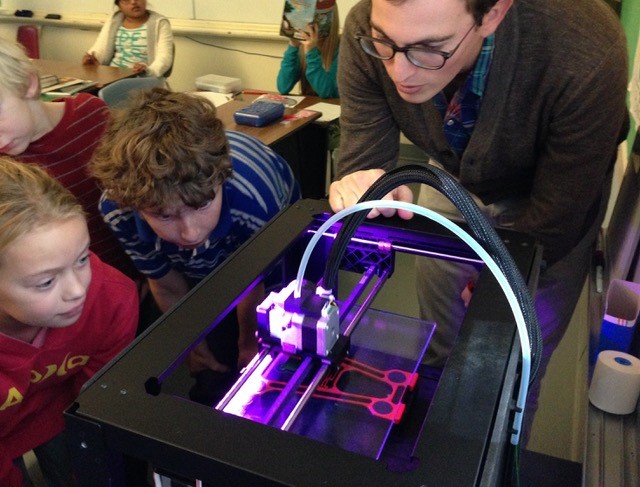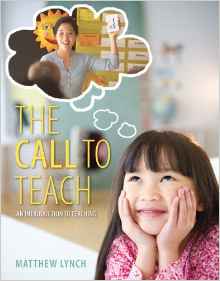Understanding Parental Involvement

When we discuss parental involvement in schools, we often concentrate on ways in which parental involvement can help schools perform better and how parents can help their children excel in learning. It is a well-known fact that parental involvement can help students achieve success in school; however, it is difficult to measure how much parental involvement is required of parents in order for them to help their children to improve their learning skills and performance.
Parental actions that obstruct the learning process and other educational goals are equally immeasurable. Comprehending the impact of parental involvement requires understanding deficiencies that reduce student performance, and providing parents with tools to diminish their effects. This same principle applies to understanding the ways that schools can encourage parental involvement in low income communities. Situations like these necessitate sensitivity to ethnicity, race, religious affiliation, linguistic challenges, single parenthood, and familial characteristics.
Parents are often influenced by their ethnic background when trying to help their children improve academically. It is imperative that school personnel understand the importance of the family’s cultural characteristics in the educational process. Schools should structure parental involvement programs that take advantage of the strong qualities individual parents bring to the schooling process, as a means for promoting improved relations between parents and the school. Interactions between parents and school personnel are meant to provide information and assistance to both the school and parents.
It is important to monitor how parents act on the instructions, information, and advice offered through such programs. Due to various cultural differences, some families may succeed in obtaining the maximum possible benefit of such interactional programs, while other families may fail to utilize these opportunities. Another factor to consider is the possibility of conflicts between parent’s cultural and linguistic background, and the social, linguistic, and cultural values existing in the school.
Schools often promote common ideals of a capitalistic culture, and, in doing so, present the impoverished, minorities, the disabled, and immigrants, as inferior. The success of parental involvement programs often depends on reaching parents living within different political, economic, cultural, and social realities. In order to help parents make better use of parental involvement programs, it is necessary to attend to these differences, and incorporate ways to meet the varied needs and expectations of parents within the parental involvement program.
The success of parental education and involvement programs depends on the ways parents can make use of their social, human, and financial resources to help their children perform better at school. Parents can also help their children improve their learning skills by providing attention to their children’s studies and participating in meaningful collaboration with school personnel and authorities. Historically, schools have played a major part in improving social conditions. Collaboration between schools and parents can help alleviate the challenges facing students who are living in families that have a lower socioeconomic status.
Policy makers must realize the importance of public schools and their role in facilitating the prosperity of our nation. Federal and state agencies have initiated various programs to improve the relationship between schools, parents, and communities. In order to increase parental involvement and reduce barriers that restrict parents from participating in the education system, it is essential to offer parent education for impoverished parents or parents with disabilities, so that they may learn better ways to boost their children’s learning skills.
The value of parental involvement programs has been well established. Effective parental involvement programs are best achieved when the program originates with the study of the school community, and then proceeds to develop instruction, and provide advice and information that reflects the circumstances, needs, and potential contributions of families who are a part of the school community.
Schools must be prepared for the fact that one outcome of effective parental involvement programs will be the desire of parents to become partners in the decision-making process existing in schools. Thus, school personnel must possess a genuine belief that shared responsibility for multiple aspects of the educational enterprise will result in improved learning environments for children and youth.





